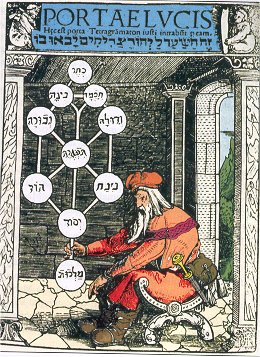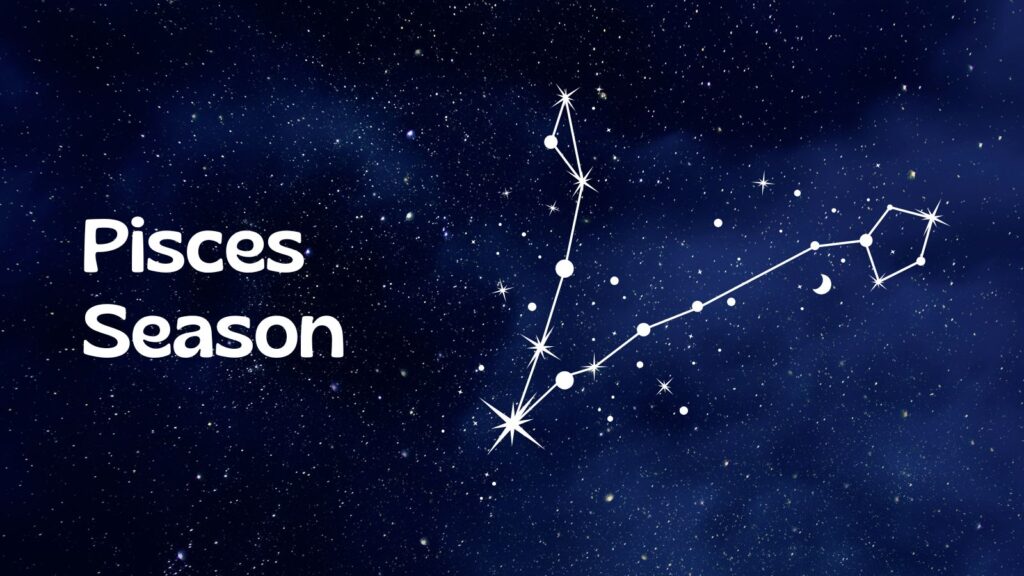Imagine a world of mind-over-matter, where a psychological snap of the fingers takes you into a parallel universe of perfect health and unlimited happiness.
Sound like a video game? Or maybe a movie you saw a few years ago? Well, it is called “The Matrix,” but according to Dr. Raphael Kellman, it’s not fiction.
“The Matrix,” according to Kellman, a medical doctor and author of the book Matrix Healing, is an alternate reality to which every person has access. By approaching his patients with a combination of traditional Western concepts and Kabbalah, Kellman helps them open the door to “The Matrix” themselves.
When people “see things, see themselves or see the world or their experience from beyond the perspective of a normal ego-based perception,” Kellman says, they enter “The Matrix” and acquire the power to heal themselves.
Kellman practices a type of holistic medicine called mind-body medicine, an approach that the National Center for Complementary and Alternative Medicine (NCCAM), an offshoot of the National Institutes of Health, describes as focusing “on the interactions among the brain, mind, body, and behavior, and the ways in which emotional, mental, social, spiritual, and behavioral factors can directly affect health.”
In the past, Americans who turned to mind-body medicine and other holistic methods frequently did so to the chagrin of medical doctors, who considered such approaches nothing short of quackery. But today, thanks to research illustrating the efficacy of a number of types of holistic treatments, some conventional doctors are not only recommending holistic therapies, but are, like Kellman, integrating them into their own practices. According to the Centers for Disease Control, more than one in four Americans who turns to holistic medicine today does so at the recommendation of a medical doctor?a fraction that has more than doubled in the past decade.
Kellman, a youthful 46-year-old in a gray suit and colorful yarmulke, explains that his journey into the world of “The Matrix” began as a curious little boy. Raised in New York in an Orthodox Jewish family, Kellman became frustrated with Judaism because it didn’t seem to answer his most basic questions about life. He soon turned to other religions, hoping that they might provide a more appealing perspective. They, too, fell short.
Concluding that religion didn’t have the answers he was searching for, Kellman turned to science and medicine, hoping that they would shed light on what life was all about. But he found these disciplines even more one-sided because of their view of humans as entirely physical beings. “They still have a very outdated view of the body, of the world,” he says. Modern medicine, for example, fails to explain why mind-body interventions “have positive effects on psychological functioning and quality of life”?something for which the NCCAM says there is “considerable evidence.”
But despite what he saw as the limitations of modern medicine, Kellman completed medical school at the Albert Einstein College of Medicine and went on to his residency, during which he felt oddly compelled to re-visit an ancient mystical tradition that he had been superficially introduced to in his youth: Kabbalah. “I just had a feeling that there was something hidden there,” he says.
Kellman discovered in Kabbalah a perspective that “saw how everything was interconnected, both in the physical world and in the spiritual world,” he explains. “There was no separation; it was all one fused reality.” In Kabbalah, a person’s well-being is directly related to the quality of his interactions with others and with nature?nothing can be considered truly separate or distinct from anything else.
Kellman explains that because of this interconnectedness, when one acts altruistically and respects of other life forms and aspects of nature, his or her health subsequently improves?in a sense, returning the positive energy to the source.
“The reason we experience so many diseases today is because on the spiritual level, we focus on receiving for the self alone,” he says. “All healing comes when we’re able to escape the ego,” and by doing so, we can access “The Matrix.”
When Kellman finished his residency, he traveled to Israel to study with well-known Kabbalists, and upon his return to New York developed the holistic concept of Matrix Healing. He explains, however, that he doesn’t actually perform healing himself?he simply helps his patients heal themselves by encouraging them to adopt more positive outlooks and behaviors and by showing them how to tap into positive energies available to them.
Such positive energies can be harnessed, for example, from “nutritional pharmaceuticals,” or nutraceuticals, products that Kellman often recommends to his patients. These substances, which he describes as “natural compounds that have tremendous healing qualities,” are found in trees, plants, fruits, vegetables and herbs.
Many nutraceuticals are energetic compounds found in body cells, Kellman says, so by taking them as supplements, cells actually function more effectively. “I line them up so they’re all working in fellowship to produce a more functional cell in its ability to produce energy and to perpetuate a flow,” he explains.
Indeed, the use of nutraceuticals is “growing dramatically, and there is growing evidence of clinical benefits,” according to a 2003 review paper published in the journal Current Opinion in Nutrition and Metabolic Care. The paper’s authors point out, however, that because there is little regulation of such substances, close monitoring of formulation and processing is essential in order to maximize benefits and minimize risks.
Patients “should review their supplements with a knowledgeable provider – and there are many [providers] to choose from,” says Sara Warber, Co-Director of the University of Michigan Integrative Medicine, in an e-mail.
Nutraceuticals are one of a growing number of holistic treatments that the NCCAM says are efficacious for certain types of ailments. The list is long and also includes acupuncture, Tai Chi, massage, magnetic therapy, music therapy, and, of course, mind-body medicine.
Kellman agrees that “the tide is changing” with regards to holistic medicine and has noticed that doctors are, slowly but surely, beginning to adopt more integrated perspectives.
“I actually gave a lecture on my book at a medical school in Dallas, so even doctors are now recognizing the necessity to approach medicine from a more holistic perspective,” he says. “Ten years ago I would never have been able to give a lecture on Kabbalah and health in a medical school. It’s astonishing.”
Indeed, fifteen top medical schools, including Harvard University and the University of Texas, have recently been funded by the NCCAM to integrate holistic methods into their curriculums, according to Dr. Moshe Frenkel, associate professor of family medicine at the University of Texas Medical Branch.
“I think that the students that are coming out of medical school today…are definitely much more open to issues related to alternative medicine,” Frenkel says. “The climate is changing.”
Nevertheless, while attitudes towards holistic therapies are improving, “This is not necessarily translated into practice,” says Dr. Tina Cartwright, a psychologist at the University of Westminster in England, in an e-mail. Cartwright, who studies people’s experiences with holistic medicine and the interface between orthodox and complementary therapies, explains that a lack of professional knowledge about the effectiveness of certain therapies, combined with a lack of statutory regulation and concerns about the possible harmful effects of treatment, can impede the practice of such therapies in reality.
Kellman admits that he has encountered resistance from the medical community for these reasons. He believes, however, that as more research comes to light, medicine will continue to evolve holistically.
“Any good scientist who’s hovering at the frontier of science would have to take Kabbalah seriously and would have to take a holistic approach to medicine very seriously,” he says.
In fact, he says, the real question is, “How can you be a doctor and not be holistic?”













